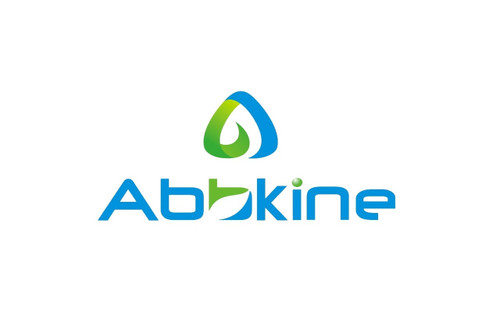Product Description
Mouse Triosephosphate isomerase (TPI1) ELISA Kit | AE13690MO | Abebio
Species Reactivity: Mouse (Mus musculus)
Abbreviation: TPI1
Alternative Name: MGC88108; TPI;
Application: ELISA
Range: 0.156-10 ng/mL
Sensitivity: 0.065 ng/mL
Intra-Assay: ≤4.8%
Inter-Assay: ≤9.8%
Recovery: 0, 9
Sample Type: Serum, Plasma, Other biological fluids
Detection Method: Sandwich
Analysis Method : Quantitive
Test Principale: This assay employs a two-site sandwich ELISA to quantitate TPI1 in samples. An antibody specific for TPI1 has been pre-coated onto a microplate. Standards and samples are pipetted into the wells and anyTPI1 present is bound by the immobilized antibody. After removing any unbound substances, a biotin-conjugated antibody specific for TPI1 is added to the wells. After washing, Streptavidin conjugated Horseradish Peroxidase (HRP) is added to the wells. Following a wash to remove any unbound avidin-enzyme reagent, a substrate solution is added to the wells and color develops in proportion to the amount of TPI1 bound in the initial step. The color development is stopped and the intensity of the color is measured.
Product Overview: TPI1 encodes an enzyme, consisting of two identical proteins, which catalyzes the isomerization of glyceraldehydes 3-phosphate (G3P) and dihydroxy-acetone phosphate (DHAP) in glycolysis and gluconeogenesis. Mutations in this gene are associated with triosephosphate isomerase deficiency. Pseudogenes have been identified on chromosomes 1, 4, 6 and 7. Alternative splicing results in multiple transcript variants. Spliceosomal introns are present in the nuclear protein-coding genes of most eukaryotic organisms, but they have not been detected in several eukaryotic protist phyla or in eubacteria, archaebacteria, and organelles. Two major theories had emerged in the continuing debate on the origin of these introns.
Stability: The stability of ELISA kit is determined by the loss rate of activity. The loss rate of this kit is less than 5% within the expiration date under appropriate storage condition. The loss rate was determined by accelerated thermal degradation test. Keep the kit at 37°C for 4 and 7 days, and compare O.D.values of the kit kept at 37°C with that of at recommended temperature. (referring from China Biological Products Standard, which was calculated by the Arrhenius equation. For ELISA kit, 4 days storage at 37°C can be considered as 6 months at 2 - 8°C, which means 7 days at 37°C equaling 12 months at 2 - 8°C) .
 Euro
Euro
 USD
USD
 British Pound
British Pound
 NULL
NULL








